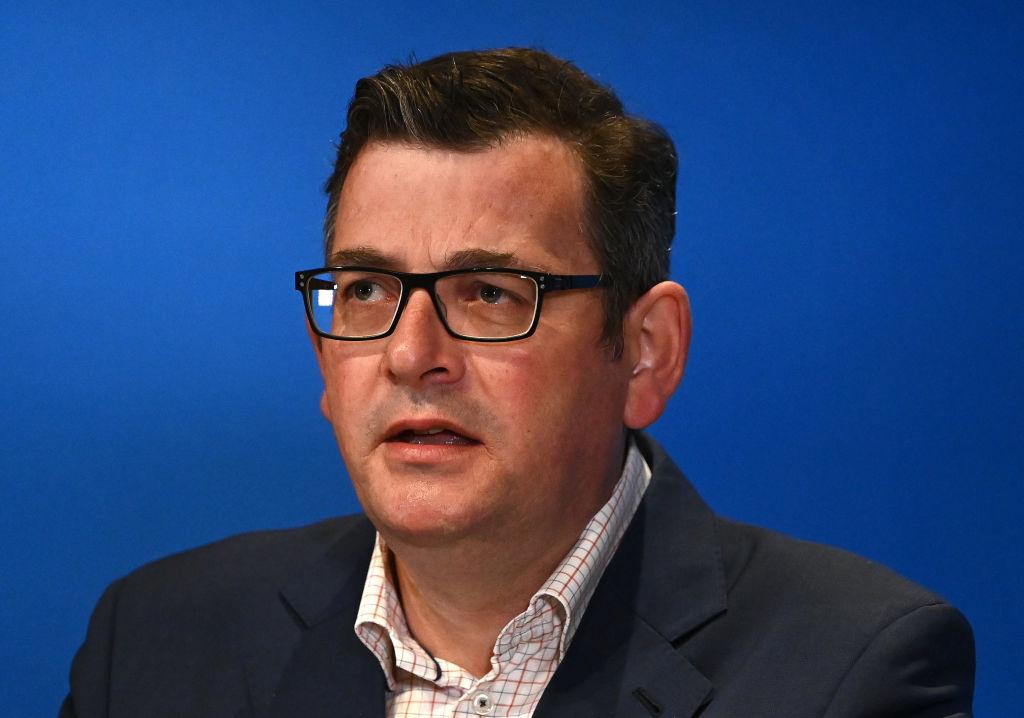Victorian Premier Daniel Andrews paid several companies to attend a major trade show despite ongoing trade strikes by the Chinese regime against key Australian exporters.
The event in question is the China International Import Export, headlined by Chinese leader Xi Jinping who, during his opening remarks, played up Beijing’s willingness to increase global trade.





